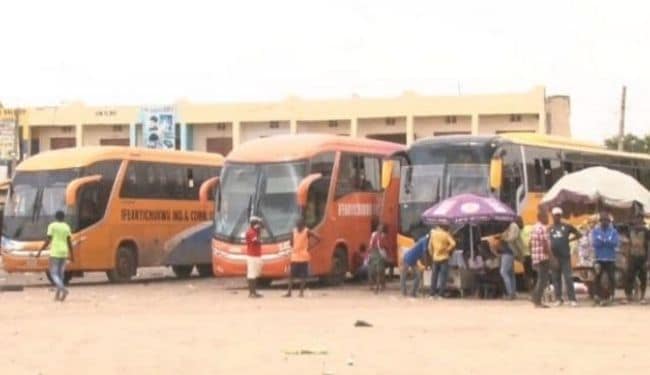
Amidst President Bola Tinubu’s initiative for a 50% reduction in transportation fares during the festive season, travellers are grappling with the highest transport costs ever recorded, marking a stark contrast to the anticipated relief.
Despite the announcement, conveyed by Minister of Solid Minerals Mr Dele Alake, transport operators proceeded with soaring fares, creating dismay among commuters.
The move follows the earlier removal of fuel subsidies, leading to an unprecedented increase in fuel prices, now averaging between N600-N680 per litre in Lagos.
The announced fare reduction, specifically targeting luxury buses and including free train rides, fell short of its intended relief. Many travellers, mainly those reliant on alternate routes and transporters catering to lower-income brackets, felt excluded from the benefit.
Experts underscored the significant role of fuel in determining transportation costs, echoing sentiments shared by Adetayo Olaniyi from the Federal University of Technology, Akure.
Olaniyi emphasized the inelastic demand for fuel and its pervasive influence across various economic sectors.
“It plays a significant role in the production of goods and services in all sectors of the economy, which is why countries find it necessary to subsidize and ensure citizens have access to fuel, which is of national importance.
“Fuel in Nigeria is an inelastic product both at demand and supply sides, which means that it is very difficult for consumers to find alternatives to the use of it in their daily lives.
“For a developing country like Nigeria, fuel subsidy is considered as a major tool to enhance citizens welfare, most especially the middle and low-income earners.
“Fuel is among the major factors that influence transport costs and rates in Nigeria. Fuel plays a significant role in the production of goods and services in all sectors of the economy, which is why countries find it necessary to subsidize and ensure citizens have access to fuel, which is of national importance,” he told Daily Independent.
Chijioke Mbaonu, a commercial driver, justified the fare hikes, saying: “The hike in price is usually designed to cushion the cost of fuel used to return to the city to pick waiting passengers in Lagos.
“We carry full load from Lagos and drive back empty because there won’t be any passengers returning to Lagos. At this period, people prefer to celebrate Christmas in the villages with their loved ones who they have not seen for ages.”
Despite the support from associations like the National Association of Road Transport Owners (NARTO) and the Road Transport Employers’ Association of Nigeria (RTEAN), who pledged cooperation, the impact of the 50% fare reduction remains elusive, failing to mitigate the burden on travellers.
